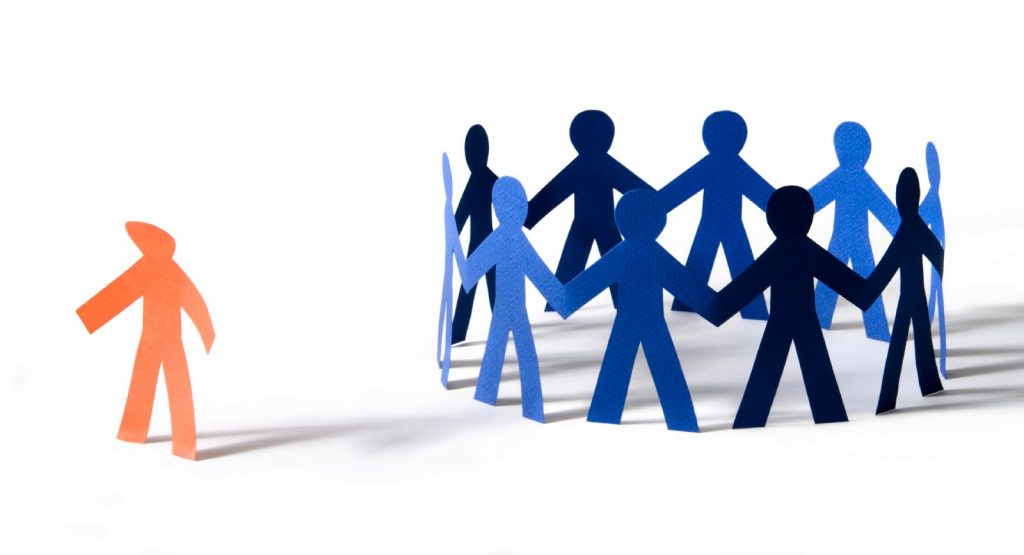Is discrimination endemic in the waste sector?
By Pelican director Cheryl Bennett
2 minute read
Key takeaways
Many complaints of discrimination are made by a third-party
Diversity isn’t just about race
The law describes a set of “Protected characteristics”
A powerful video produced by Bristol Waste has highlighted the discrimination and abuse faced by some of their staff.
I’m sure dear reader you agree, racism is totally unacceptable. However, do you agree that all of us working in waste management have prejudices that affect our daily working lives?
As a people development specialist, having travelled all around the UK delivering Diversity and Inclusion (D&I) training in waste companies, I have heard many justifications of discriminatory comments: ‘it’s just banter’ and ‘it’s just our industry’. ‘Everyone knows how it is and if you don’t like it, you shouldn’t be here’.
I am sure we all understand that we can’t or at least shouldn’t discriminate in the workplace, but many people don’t actually think what they say is discrimination, as it may be said in jest. What might surprise you is that many complaints of discrimination are made by a third-party overhearing comments, and not from the victim.
I always open my diversity and inclusion training by asking delegates to agree or disagree with the statement: “we are all prejudiced”. I have yet to meet anyone who doesn’t own up to having prejudices of some sort: it may be ‘women can’t park’ or ‘real men can’t type’. These statements are of course not fact, but prejudices based on beliefs. Those beliefs are based on personal experiences and upbringing. But if you hold one of these prejudices, how can you make an unbiased decision when interviewing a female RSV driver or a male secretary?
As the industry strives to address discrimination and be more diverse, it’s important to remember diversity isn’t just about race. A fully diverse workforce would have all ages, genders, abilities and beliefs. The law describes a set of “Protected characteristics” which we should ensure we don’t discriminate against, which are:
- age
- disability
- gender reassignment
- marriage and civil partnership
- pregnancy and maternity
- race
- religion or belief
- sex
- sexual orientation.
The post Covid era is forcing change in some working practices. Whether it’s the effect of Brexit or employees demanding hybrid working, finding the right staff seems to be getting harder, and maybe organisations will start hiring people they wouldn’t previously have considered.
Recruiters tell me it’s an employee’s market right now. Salaries are rising as employers find themselves being outbid. Is now the time to discard the upper working age limit, consider more job-share and apprenticeships? The benefits of a diverse workforce are far reaching: broader thinking and more loyalty from employees and improved employer reputation.
So, maybe now is the time to take a close look at yourself and your organisation and seek ways of improving diversity and reducing, or even ending prejudice, to create a more inclusive working environment where everyone can thrive and reach their potential.
As someone who has seen the benefits D&I training can deliver, I believe it has an important role to play in changing attitudes: but that’s just my prejudice.
Pelican Communications is a specialist sustainability PR agency with expertise in food, packaging, waste, recycling, energy and trade associations.
We provide a range of services including strategy, design, content creation, public relations, CSR reporting, video and animation production plus people development. Contact us for marketing and communications expertise.
This article originally appeared in Materials Recycling World.
